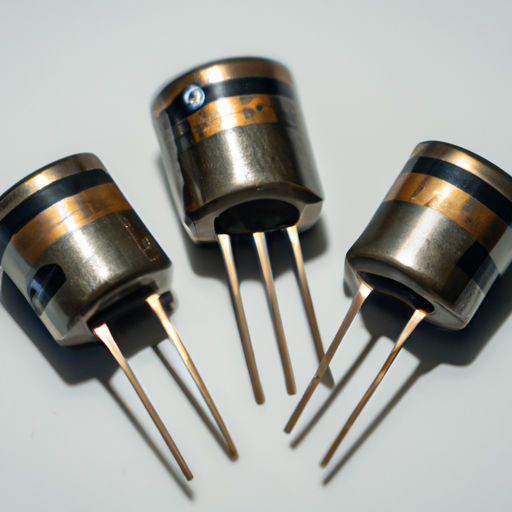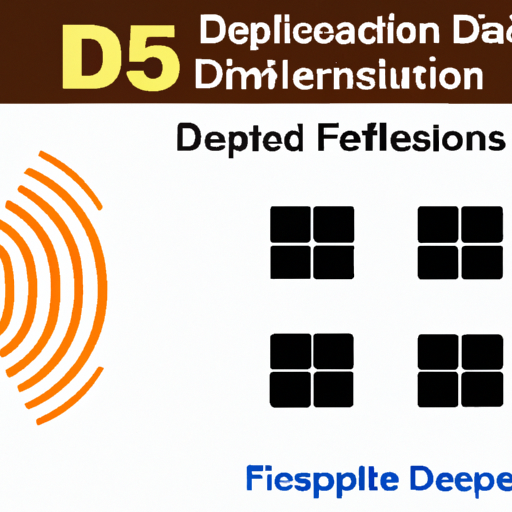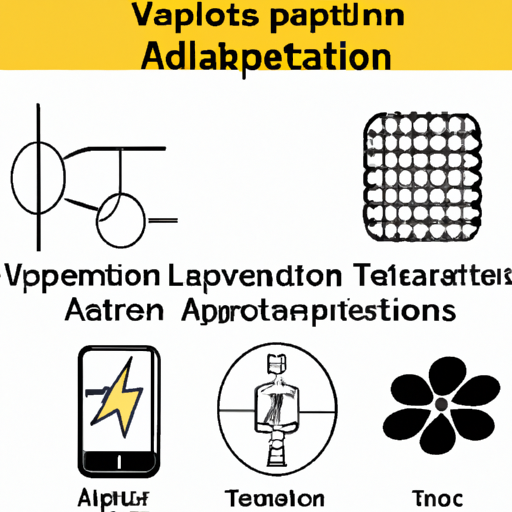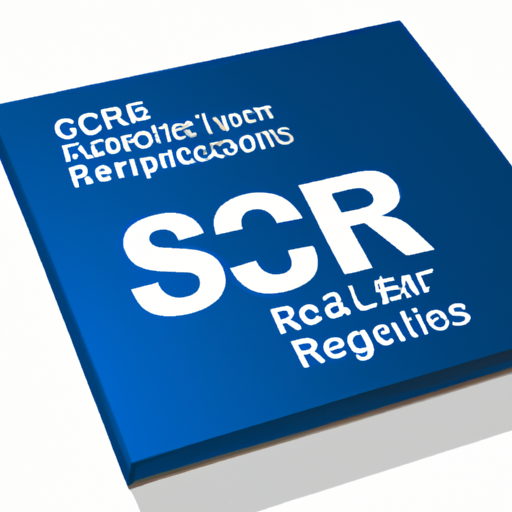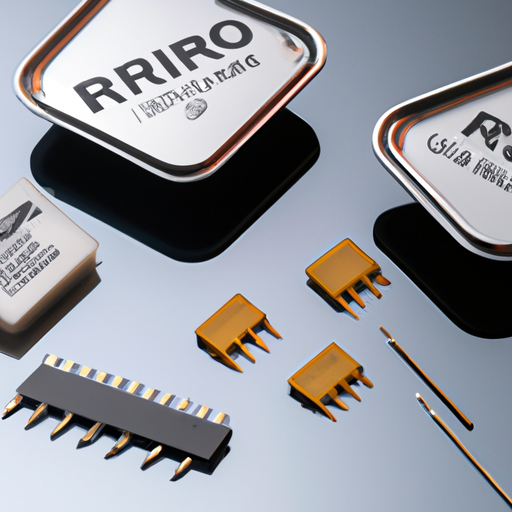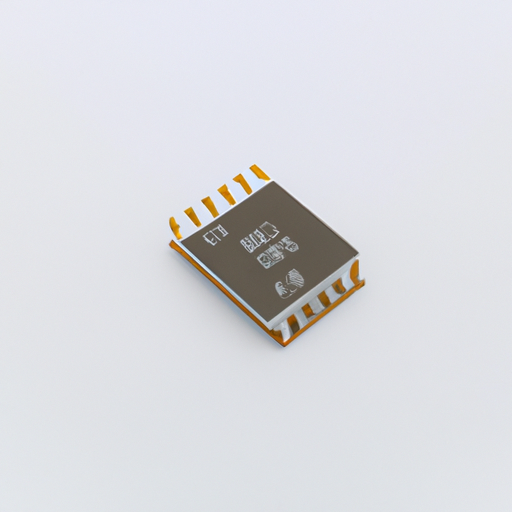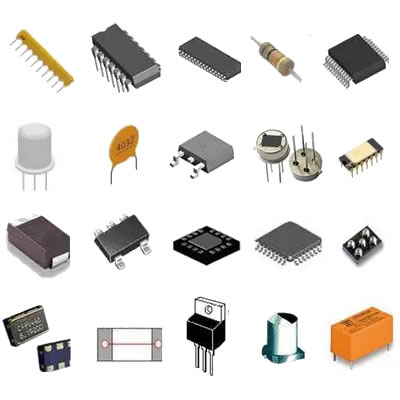When will the new compensation capacitor be released?
When Will the New Compensation Capacitor Be Released?
I. Introduction
Compensation capacitors are essential components in electrical systems, playing a crucial role in enhancing energy efficiency and improving power quality. These devices help to correct power factor issues, which can lead to significant energy savings and reduced operational costs. As industries increasingly focus on sustainability and efficiency, the demand for advanced compensation capacitors is on the rise. This article aims to inform readers about the anticipated release of new compensation capacitors, exploring their features, market trends, and the timeline for their availability.
II. Overview of Compensation Capacitors
A. Explanation of How Compensation Capacitors Work
Compensation capacitors function by providing reactive power to electrical systems, which helps to balance the load and improve the power factor. A poor power factor can lead to increased energy consumption and higher electricity bills, as utilities may impose penalties for low power factor levels. By correcting these issues, compensation capacitors enhance energy efficiency and reduce costs.
B. Types of Compensation Capacitors
There are two primary types of compensation capacitors: fixed capacitors and automatic capacitors.
1. **Fixed Capacitors**: These are designed to provide a constant level of reactive power and are typically used in applications where the load is stable and predictable.
2. **Automatic Capacitors**: These capacitors adjust their output based on real-time load conditions, making them ideal for dynamic environments where power demand fluctuates.
C. Applications in Various Industries
Compensation capacitors find applications across multiple sectors, including:
1. **Manufacturing**: In manufacturing facilities, compensation capacitors help to optimize machinery performance and reduce energy costs.
2. **Renewable Energy**: As the adoption of renewable energy sources like wind and solar increases, compensation capacitors play a vital role in managing the variability of these energy sources.
3. **Commercial Buildings**: In commercial settings, these capacitors improve the overall energy efficiency of HVAC systems and lighting, leading to significant cost savings.
III. Current Market Trends
A. Demand for Advanced Compensation Capacitors
The demand for advanced compensation capacitors is driven by several factors:
1. **Growth in Renewable Energy Sources**: As more businesses and governments invest in renewable energy, the need for efficient power management solutions has surged.
2. **Increasing Energy Efficiency Regulations**: Stricter regulations aimed at reducing energy consumption have prompted industries to seek out technologies that can help them comply.
B. Technological Advancements in Capacitor Design
Recent advancements in capacitor technology have led to improved materials and performance metrics. Manufacturers are now able to produce capacitors that are not only more efficient but also more durable, with longer lifespans and better thermal management.
C. Key Players in the Compensation Capacitor Market
The compensation capacitor market is characterized by a mix of established manufacturers and emerging startups. Major players include companies that have been in the industry for decades, while new entrants are often focused on innovative designs and sustainable practices.
IV. Anticipated Features of the New Compensation Capacitor
A. Innovations Expected in the New Models
The upcoming models of compensation capacitors are expected to feature several innovations:
1. **Higher Capacitance Values**: New designs will likely offer higher capacitance values, allowing for greater reactive power support in larger systems.
2. **Enhanced Durability and Lifespan**: Advances in materials science are expected to lead to capacitors that can withstand harsher operating conditions and have longer operational lifespans.
B. Integration with Smart Grid Technology
The integration of compensation capacitors with smart grid technology is another anticipated feature. This will enable real-time monitoring and control, allowing for more efficient energy management and improved grid stability.
C. Environmental Considerations and Sustainability
As sustainability becomes a priority for many industries, the new compensation capacitors are expected to be designed with environmental considerations in mind. This includes using eco-friendly materials and manufacturing processes that minimize waste and energy consumption.
V. Timeline for Release
A. Current Status of Development
The development of new compensation capacitors is currently in various stages, with many manufacturers conducting research and testing to ensure optimal performance and compliance with regulatory standards.
B. Expected Release Dates from Manufacturers
While specific release dates can vary by manufacturer, many are projecting short-term releases within the next 12 to 18 months. Long-term projections suggest that we may see even more advanced models in the next three to five years.
C. Factors Influencing the Timeline
Several factors can influence the timeline for the release of new compensation capacitors:
1. **Supply Chain Issues**: Global supply chain disruptions can delay production and availability.
2. **Market Demand Fluctuations**: Changes in market demand can also impact the pace at which new products are developed and released.
VI. Implications of the New Release
A. Impact on Industries Relying on Compensation Capacitors
The release of new compensation capacitors is expected to have significant implications for industries that rely on these devices:
1. **Cost Savings and Efficiency Improvements**: Enhanced performance and efficiency will lead to lower energy costs and improved operational efficiency.
2. **Potential for Increased Adoption of Renewable Energy**: As industries adopt more efficient technologies, the integration of renewable energy sources is likely to increase, further driving the demand for compensation capacitors.
B. Future Trends in Capacitor Technology
Looking ahead, we can expect several trends in capacitor technology:
1. **Predictions for the Next Decade**: The next decade will likely see continued advancements in capacitor technology, with a focus on sustainability and efficiency.
2. **Role of Research and Development**: Ongoing research and development will be crucial in driving innovation and meeting the evolving needs of various industries.
VII. Conclusion
In summary, compensation capacitors are vital components in electrical systems, contributing to energy efficiency and power quality. The anticipated release of new models promises to bring innovative features, improved performance, and greater sustainability. As industries continue to prioritize efficiency and renewable energy adoption, the role of compensation capacitors will only become more significant in the energy landscape.
VIII. References
For further reading on compensation capacitors and their applications, consider exploring the following sources:
1. Industry reports on energy efficiency and capacitor technology.
2. Research studies on the impact of compensation capacitors in various sectors.
3. Articles discussing advancements in capacitor design and materials.
By staying informed about the latest developments in compensation capacitors, industries can better prepare for the future and leverage these technologies to enhance their energy management strategies.

